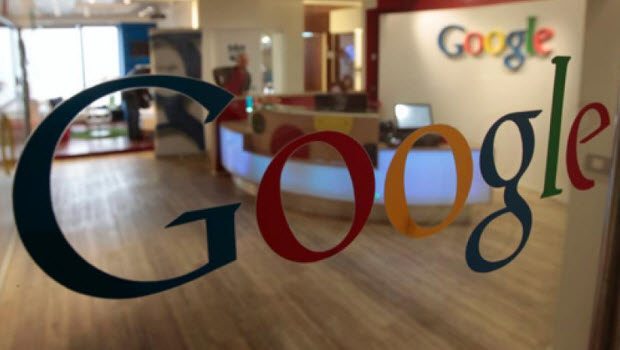Google revealed a handful of slick new products this week that showed off its impressive artificial intelligence and machine learning tech chops.
Its new conversational assistant, for example, will take its traditional search product to the next level, letting users ask it questions, find suggestions, or book services through text chat in its new messaging app Allo or voice, in its new smart speaker, Home.

Google’s building on many years of research, development, and data collecting here and it shows.
Although Home is essentially a follow-up to Amazon’s Echo speaker, Google has much more experience with voice search and natural language processing. Ask Home a question, like “How tall is Steph Curry?” and you can follow-up with “What’s his jersey number?” and Home will know who you’re still talking about, where Alexa can only handle single queries.
“Our ability to do conversational understanding is far ahead of what other assistants can do,” Google CEO Sundar Pichai boasted of Google’s technology. “We’re an order of magnitude ahead of everyone else.”
But despite Google’s behind-the-scenes smarts, the company will have some serious challenges ahead to get people actually using its new products.
Playing catch up
For one, they’re already late to the game and not actually available yet.
Jan Dawson, chief analyst at Jackdaw Research, sums it up for The Wall Street Journal:
“The technology looks good in principle, but there’s a significant risk that Google is coming into some of these markets too late to make a difference.”
Assistant, Home, and Allo all nebulously launch “later this year.” When they do finally hit the real world, Allo in particular will have to stand out in an already very crowded messaging space.
One developer I talked to at IO highlighted the challenge perfectly when he sheepishly told me how he’d been peer-pressured into buying an iPhone because his loved ones used iMessage. It was easier for him to switch phones than to convert them to an operating system-agnostic chat app like WhatsApp.
That’s an extreme example but the point stands: messaging apps aren’t useful if your friends haven’t downloaded them.
Making the benefits worth the creep factor
To overcome that hurdle and convince people to convert from Facebook Messenger, WhatsApp, Snapchat, Hangouts, or whatever else, as their main means of messaging, Google will need to convince people that having AI manage your life is more convenient than it is creepy.
At the ire of some privacy advocates, you’ll have to sacrifice the end-to-end encryption that’s a staple in iMessage or WhatsApp to get the full benefits of Assistant (though Allo does have a fully encrypted incognito mode).
The allure of Assistant is that it can make messaging more productive by auto-suggesting replies based on your speech patterns and through image recognition and “remembering” things about you to tailor recommendations (for example, it could know you’re vegan and suggest restaurants accordingly).
But do you want Google becoming your voice? What’s the cost of convenience?
As Apple blogger Marco Arment points out, Google’s vision of the future has missed the mark before:
“Google is extremely well-placed for where they think the puck is going. They could be wrong — these AI services could be a socially awkward fad like Google Glass or a tonedeaf annoyance like Clippy. Google launches a lot of weird, geeky, technologically impressive things that go nowhere.”
As we hurtle towards a future potentially powered by artificial-intelligence and we grapple with what that means for our daily interactions, Google needs to prove that the benefits it can bring us from dancing so close to that “creepy line” are worth it. That’s the only way it can make up ground after launching too late.




POST A COMMENT.